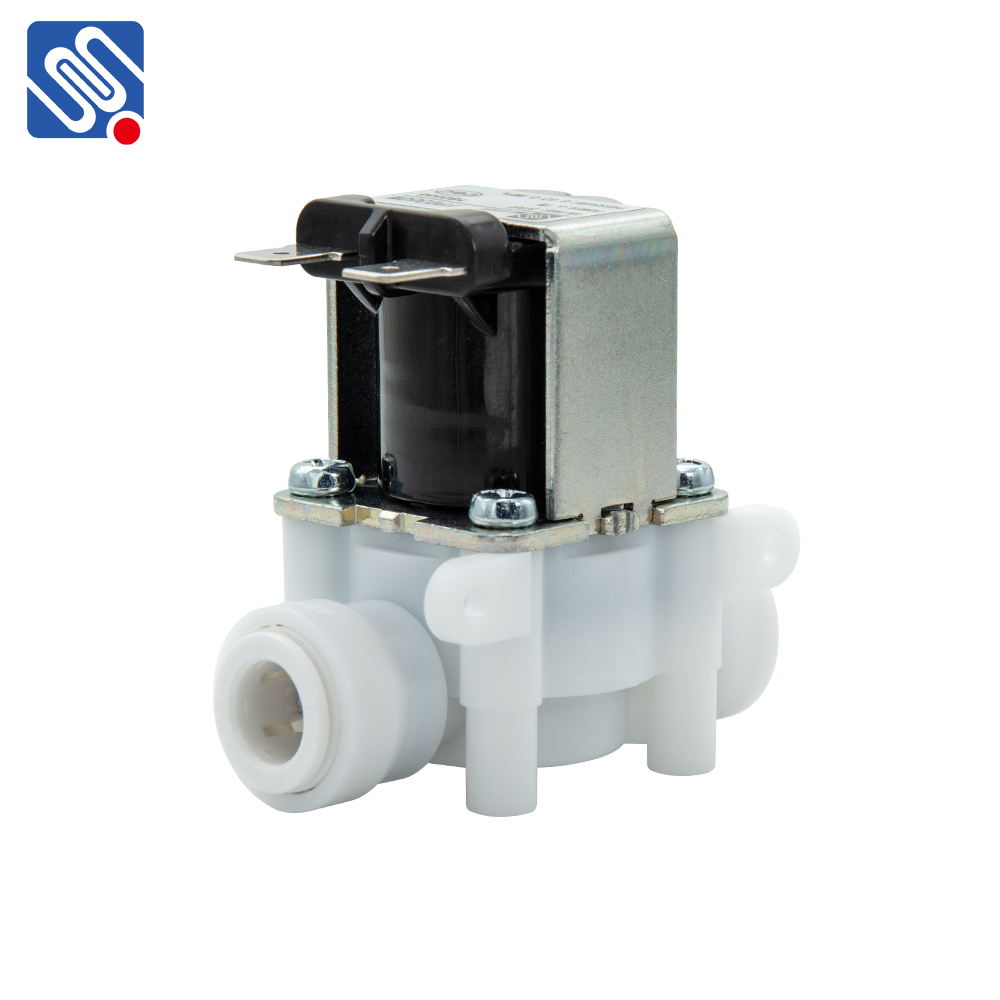Plastic solenoid valves are an essential component in various industries, used to control the flow of liquids and gases with precision. These valves use an electromagnet to regulate fluid passage, providing automated control in systems that require constant operation. With the growing demand for reliable and corrosion-resistant components, plastic solenoid valves have emerged as a preferred choice for a wide range of applications. In this article, we will explore the key features, applications, and advantages of plastic solenoid valves.

What is a Plastic Solenoid Valve? A plastic solenoid valve operates on the principle of electromagnetism. It consists of an electromagnet (solenoid) and a valve body typically made from durable plastic materials like PVC, PVDF, or polypropylene. The solenoid creates a magnetic field when energized, which moves a plunger to either open or close the valve. This mechanism allows the valve to control the flow of fluids automatically. The valve body material plays a crucial role in its durability and resistance to corrosion. Unlike metal valves, plastic solenoid valves are resistant to chemical reactions, making them suitable for use in aggressive environments such as chemical processing, water treatment, and food industries.